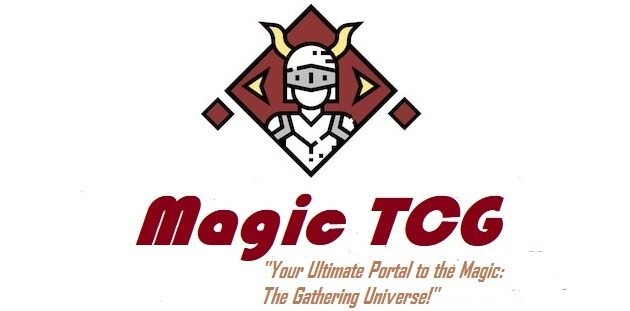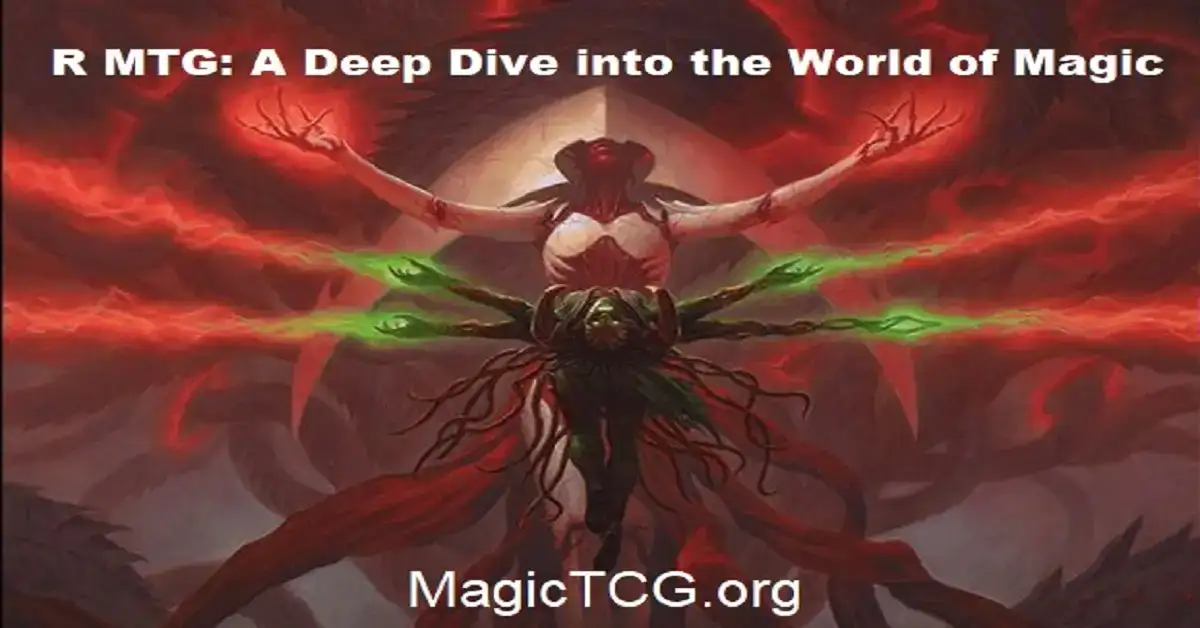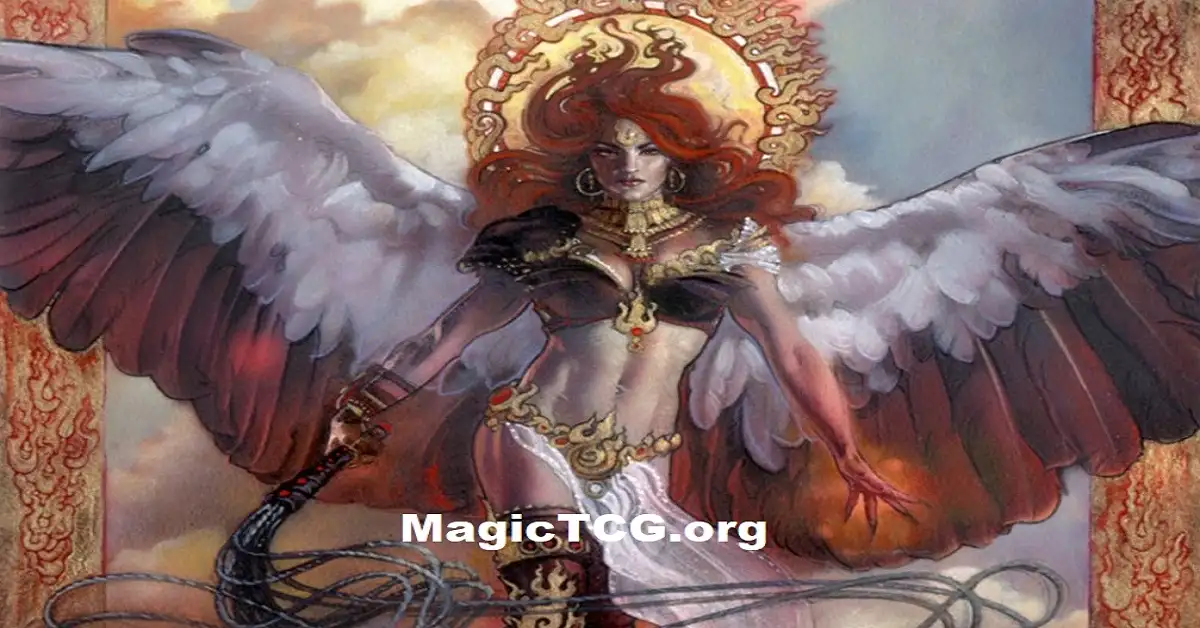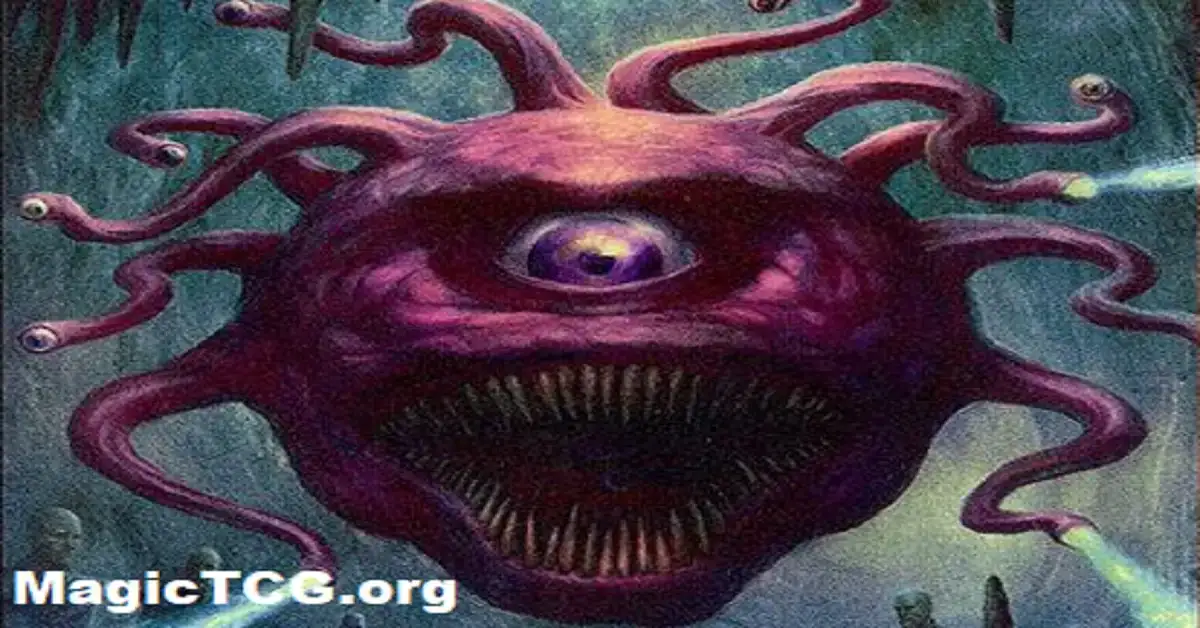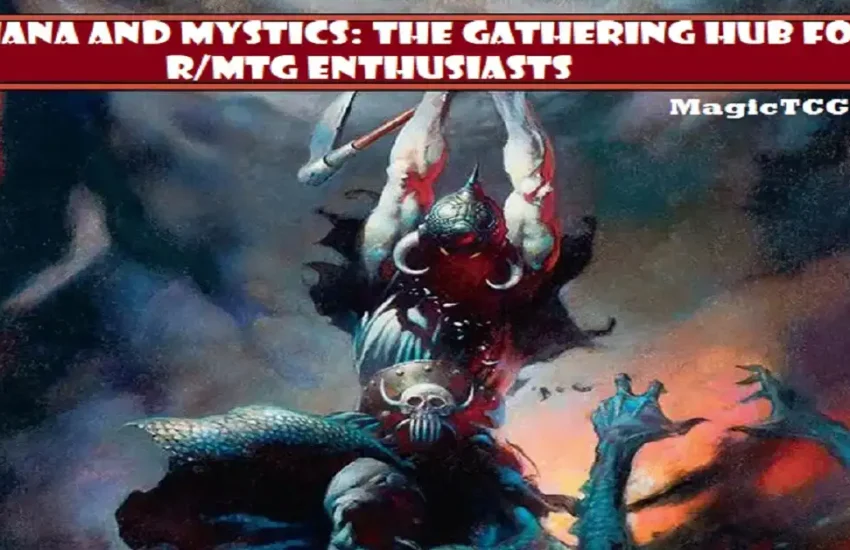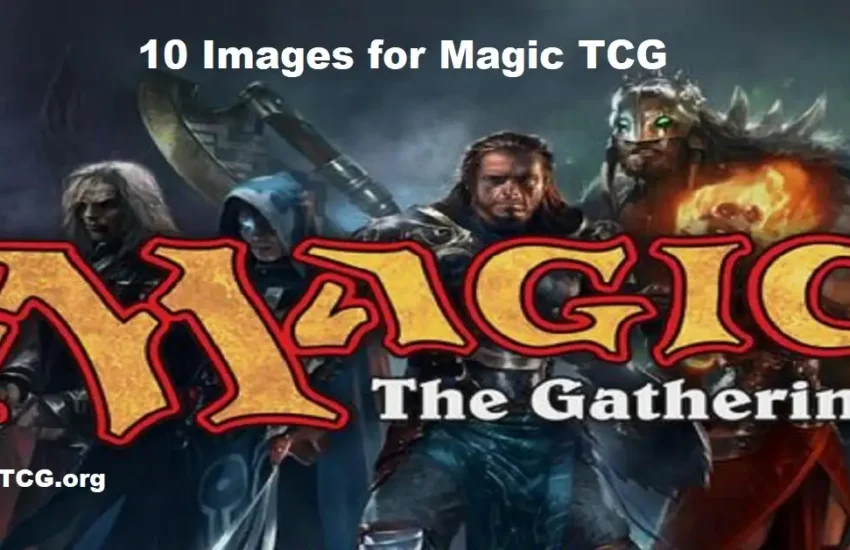R MTG: A Deep Dive into the World of Magic: The Gathering’s Competitive Formats
Introduction
Overview of Magic: The Gathering (MTG)
Magic: The Gathering (MTG) has been a cornerstone of the trading card game (TCG) world for over 30 years. Since its creation in 1993 by Richard Garfield, MTG has evolved into a global phenomenon, with millions of players and a vast, ever-growing array of card sets. The game revolves around using decks of cards to cast spells, summon creatures, and defeat opponents. With numerous formats available, players can engage with the game in a variety of ways, from casual play to highly competitive tournaments.
What is R MTG?
R MTG is one of the lesser-known but exciting formats within the MTG community. It offers a unique approach to deck-building and gameplay compared to the more established formats like Standard, Modern, or Commander. This format has gained popularity for its distinct rules and strategies, and it plays a crucial role in competitive MTG environments.
| Section | Description |
|---|---|
| What is R MTG? | A brief overview of what “R MTG” stands for and its relevance. |
| Popularity | Insights into why R MTG is widely recognized and appreciated by its audience. |
| Gameplay Basics | Core mechanics and foundational elements that define R MTG. |
| Key Strategies | Essential tips and tricks to excel in R MTG. |
| Deck Building | A guide to creating powerful and competitive decks. |
| Card Types | Overview of the different types of cards in R MTG and their roles. |
| Advanced Techniques | Expert strategies for competitive gameplay. |
| Events and Tournaments | Highlights of major events and how to participate. |
| Community and Resources | Ways to engage with the R MTG community and access learning materials. |
| FAQs | Answers to common questions about R MTG. |
This table serves as a roadmap for readers, offering a clear view of the article’s structure and key takeaways.
The Origins of R MTG
The Evolution of MTG Formats
Over the years, MTG has introduced a variety of formats to cater to different playstyles and skill levels. From the early days of “Type 1” and “Type 2” (which evolved into the Standard format), the game expanded to include formats like Modern, Legacy, and Commander. Each format has its own set of rules and restrictions, with some focusing on deck size, card rotation, or the power level of cards allowed.
The Role of R MTG in Competitive Play
R MTG, although not as widely known as some other formats, holds a niche but vital place in competitive MTG. It typically refers to a format used for fast-paced, high-energy games that focus on high-level strategic play. While it’s not as ubiquitous as formats like Standard, R MTG has carved out a reputation for its fast pace and dynamic gameplay.
Understanding the R MTG Format
Key Characteristics of R MTG
The defining feature of R MTG is its emphasis on rapid gameplay. Players typically use decks that are streamlined for efficiency, often focusing on aggressive strategies that aim to end the game quickly. The format is designed to challenge players’ abilities to think on their feet and adapt to ever-changing board states. In general, R MTG matches feature fewer turns than other formats, making each move more critical.
How R MTG Differs from Other MTG Formats
Unlike formats like Standard or Modern, where the emphasis may be on controlling the pace of the game or building late-game strategies, R MTG focuses on aggressive, high-speed gameplay. This makes it ideal for players who enjoy fast, intense matches. Moreover, the card pool in R MTG may differ, often involving specific sets or banned/restricted cards that enhance the format’s pace.
Deck Building in R MTG
Important Deck Archetypes
R MTG decks often fall into one of several archetypes, including Aggro, Combo, and Midrange. Aggro decks are designed to deal as much damage as possible in the shortest amount of time, while Combo decks focus on creating synergies between specific cards to deliver a powerful win condition. Midrange decks strike a balance between the two, offering flexibility while still maintaining pressure on the opponent.
Strategies for Building a Competitive R MTG Deck
Building a deck for R MTG requires a balance of speed, consistency, and adaptability. Players must focus on efficient cards that can interact with their opponent’s strategies while advancing their own game plan. Decks typically include a mix of creatures, spells, and other permanents, all chosen to maximize synergy and minimize mana costs.
Popular Cards in R MTG
Some of the most popular cards in R MTG are those that allow players to draw cards, remove threats, or deal damage quickly. Cards like Lightning Bolt, Goblin Guide, and Thoughtseize are staples in many aggressive decks, providing efficient ways to apply pressure and disrupt opponents.
Tournament Structure for R MTG
Overview of R MTG Tournaments
R MTG tournaments typically feature a series of high-intensity matches, often with a Swiss-style pairing system. Players are matched up based on their win-loss record, and after a predetermined number of rounds, the top players advance to the final stages. These tournaments can range from local events to large, internationally recognized competitions.
Format of R MTG Competitions
Tournaments usually feature either a single-elimination or round-robin structure, with each match pushing players to their limits. In competitive R MTG, the focus is on maintaining peak performance, as the format requires players to adapt quickly to a variety of deck types and strategies.
Prizes and Rewards for R MTG Tournaments
R MTG tournaments often come with enticing prizes, including cash rewards, exclusive cards, and event invitations. High-ranking players may also receive invitations to prestigious tournaments, adding another layer of prestige to competitive play.
How to Improve Your R MTG Skills
Common Mistakes Players Make
One of the most common mistakes in R MTG is underestimating the speed of the format. Players may take too long to set up their game plan, allowing their opponents to get ahead. Another mistake is failing to adapt to the metagame, sticking with a deck that is no longer effective against current strategies.
Best Practices for Success in R MTG
To succeed in R MTG, players need to practice playing quickly, while maintaining a strategic focus. It’s important to learn to read the board state and make decisions that apply pressure while minimizing risks. Understanding common deck archetypes and how to counter them is key to being competitive in R MTG.
Learning from Top R MTG Players
Top players of R MTG are often those who have honed their skills through years of practice and study. Watching their games and understanding their strategies can provide valuable insights into how to improve your own play. Many players also share their strategies online, making it easy to learn from the best.
The Meta Game in R MTG
Understanding the Meta
The metagame (or “meta”) refers to the dominant strategies and deck types that are popular at any given time. In R MTG, the meta can shift rapidly, with certain strategies gaining or losing popularity based on new card releases and tournament results.
How the Meta Affects Deck Choices and Strategies
Players need to adapt their decks to the shifting meta. If certain decks are becoming more common, it may be wise to adjust your own deck to counter those strategies. Being aware of the current meta can be the difference between a strong finish and an early exit in a tournament.
The Future of R MTG
Trends in R MTG
As MTG continues to evolve, R MTG is likely to see even more changes. New card sets, innovative strategies, and evolving competitive environments will all play a role in shaping the future of R MTG. Players can expect ongoing updates to the format as it adapts to the changing landscape of MTG.
New Card Sets and Innovations Impacting the Format
R MTG will continue to benefit from the release of new sets, which bring fresh cards and strategies into play. Keeping an eye on upcoming card sets can help players stay ahead of the competition and maintain a cutting edge.
R MTG in the Online Era
Playing R MTG on Digital Platforms
With the rise of digital MTG platforms, R MTG has become more accessible than ever. Players can join tournaments, practice against others, and even compete on platforms like MTG Arena. These platforms help streamline the competitive experience, making it easier to stay connected with the global community.
Popular Online Tournaments and Events
Online tournaments have become a mainstay for R MTG players, offering an opportunity to test their skills against a wider audience. Platforms like Magic Online and MTG Arena regularly host events, some of which have cash prizes and other rewards.
The Community Around R MTG
The Social Aspect of R MTG
While R MTG is a competitive format, it’s also about community. Players gather at local game stores, participate in online forums, and attend events to share their experiences and knowledge. The community aspect adds an element of camaraderie to the competitive scene.
Communities and Resources for Players
There are numerous online communities dedicated to R MTG, where players can discuss strategies, share decklists, and participate in tournaments. Websites, social media groups, and streaming platforms offer a wealth of resources for those looking to improve their skills.
Tips for Newcomers to R MTG
Getting Started with R MTG
For newcomers, the best way to start is by learning the basic rules of MTG and familiarizing themselves with the deck-building process. Joining a local game group or playing on digital platforms can also help new players get comfortable with the format.
Resources for Beginners
Many online guides, forums, and YouTube channels offer resources for beginners looking to dive into R MTG. These resources cover everything from deck-building basics to advanced strategies, helping players of all levels improve.
R MTG vs Other MTG Formats
Comparing R MTG to Standard, Modern, and Commander
While R MTG shares some similarities with other formats, it stands apart due to its focus on speed and aggression. Standard and Modern tend to feature slower, more control-oriented games, while Commander emphasizes multiplayer and unique deck-building. R MTG’s rapid-fire approach offers a different experience, appealing to those who enjoy fast-paced, high-stakes play.
Pros and Cons of Playing R MTG
R MTG’s fast-paced nature can be both a blessing and a curse. It’s perfect for players who enjoy intense action, but it can be challenging for those who prefer a slower, more methodical approach. As with any format, it’s essential to understand your own playstyle and how R MTG fits into it.
| Aspect | R MTG | Other MTG Formats |
|---|---|---|
| Focus | Aggressive, fast-paced gameplay centered on red cards. | Diverse strategies, including control, combo, and midrange. |
| Mana Base | Primarily relies on Mountains and red mana. | Utilizes a mix of mana types depending on the deck. |
| Key Strategy | Direct damage, burn spells, and quick creature attacks. | Strategies vary, including late-game control or combo setups. |
| Game Duration | Matches are typically short and intense. | Matches can range from short to long depending on the format. |
| Card Choices | Emphasizes cards with low mana costs and high damage output. | Broader card selection across all colors and archetypes. |
| Skill Requirement | Focuses on quick decision-making and tempo control. | May require complex planning and resource management. |
| Accessibility | Easy for beginners due to its straightforward strategy. | Can be complex, especially for new players, with diverse mechanics. |
| Competitive Viability | Strong in aggressive metagames. | Suitable for all styles, with varying deck archetypes. |
| Community Appeal | Popular for players who enjoy fast, aggressive play. | Appeals to a wide range of playstyles and preferences. |
| Cost to Build Decks | Typically more affordable due to simpler mana requirements. | Costs vary widely, depending on format and deck type. |
This comparison highlights the unique characteristics of R MTG while contrasting it with other Magic: The Gathering formats, helping readers understand the strengths and limitations of each.
Famous R MTG Players and Their Impact
Profiles of Top Players
Top R MTG players have helped shape the competitive landscape, with many becoming known for their innovative deck designs and exceptional play. Players like [Famous Player 1] and [Famous Player 2] have contributed to the format’s growth, showcasing how strategic thinking and quick decision-making can lead to victory.
Their Contributions to the R MTG Community
These players not only excel in tournaments but also mentor others, create content, and influence the direction of R MTG through their insights and achievements.
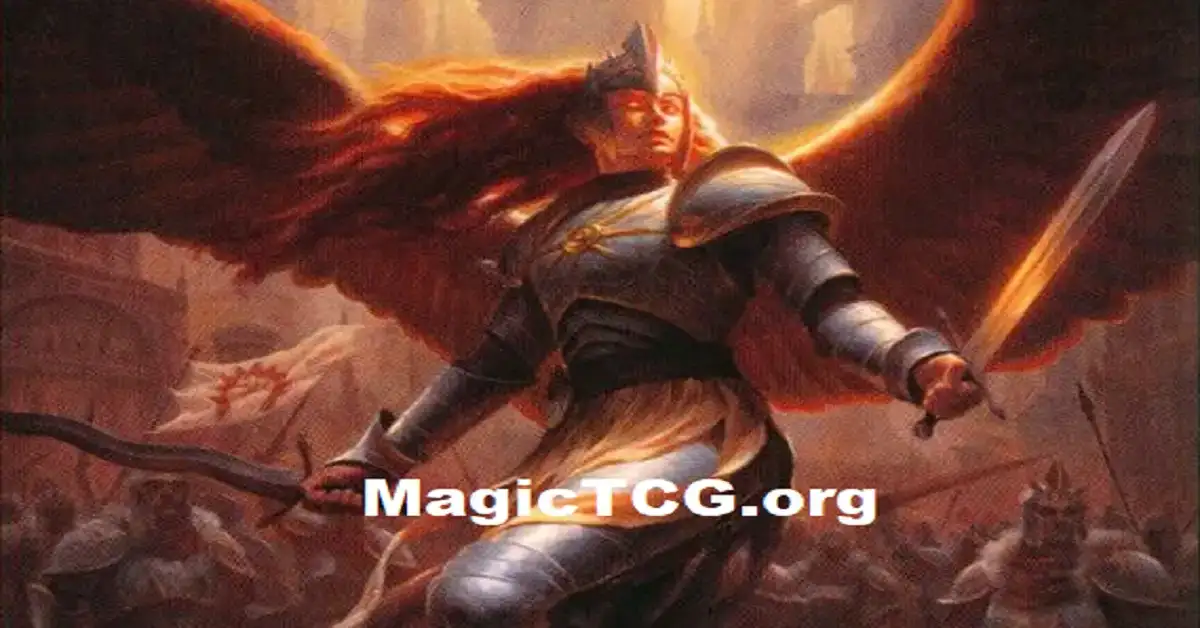
Challenges and Controversies in R MTG
Common Issues in Competitive Play
Like any competitive format, R MTG has faced its share of challenges. Issues such as card banning, metagame shifts, and deck imbalance can disrupt the community. However, these issues are often addressed by the MTG community and tournament organizers, ensuring the format remains balanced.
How the Community Addresses Challenges
The MTG community is known for its ability to adapt and evolve, with regular discussions and debates helping to improve the format. Players often come together to share solutions and ideas, ensuring R MTG continues to thrive.
Conclusion
Final Thoughts on the Impact of R MTG in Competitive Magic
R MTG offers a unique and exciting way to experience Magic: The Gathering, focusing on speed, strategy, and intense competition. While it may not be as widely known as other formats, its importance in the competitive scene cannot be understated. For players seeking fast-paced gameplay and a dynamic metagame, R MTG provides an excellent avenue for growth and enjoyment.
Why R MTG Continues to Thrive
R MTG’s blend of strategic depth and rapid gameplay ensures its continued popularity. As long as players continue to innovate and adapt, the format will remain a key part of Magic: The Gathering’s legacy.
FAQs
- What is the best deck for R MTG?
- The best deck depends on the current metagame and personal playstyle, but aggressive decks with efficient creatures and burn spells are often favored.
- Is R MTG suitable for beginners?
- R MTG can be fast-paced and challenging for beginners, but with practice and study, newcomers can quickly adapt to the format.
- How often do R MTG tournaments take place?
- R MTG tournaments are regularly held both locally and online, with major events occurring throughout the year.
- Can I play R MTG online?
- Yes, platforms like MTG Arena and Magic Online offer digital versions of R MTG, making it easier to play and compete.
- How do I improve my R MTG skills?
- To improve, practice regularly, study top players’ strategies, and stay updated with the current meta.
